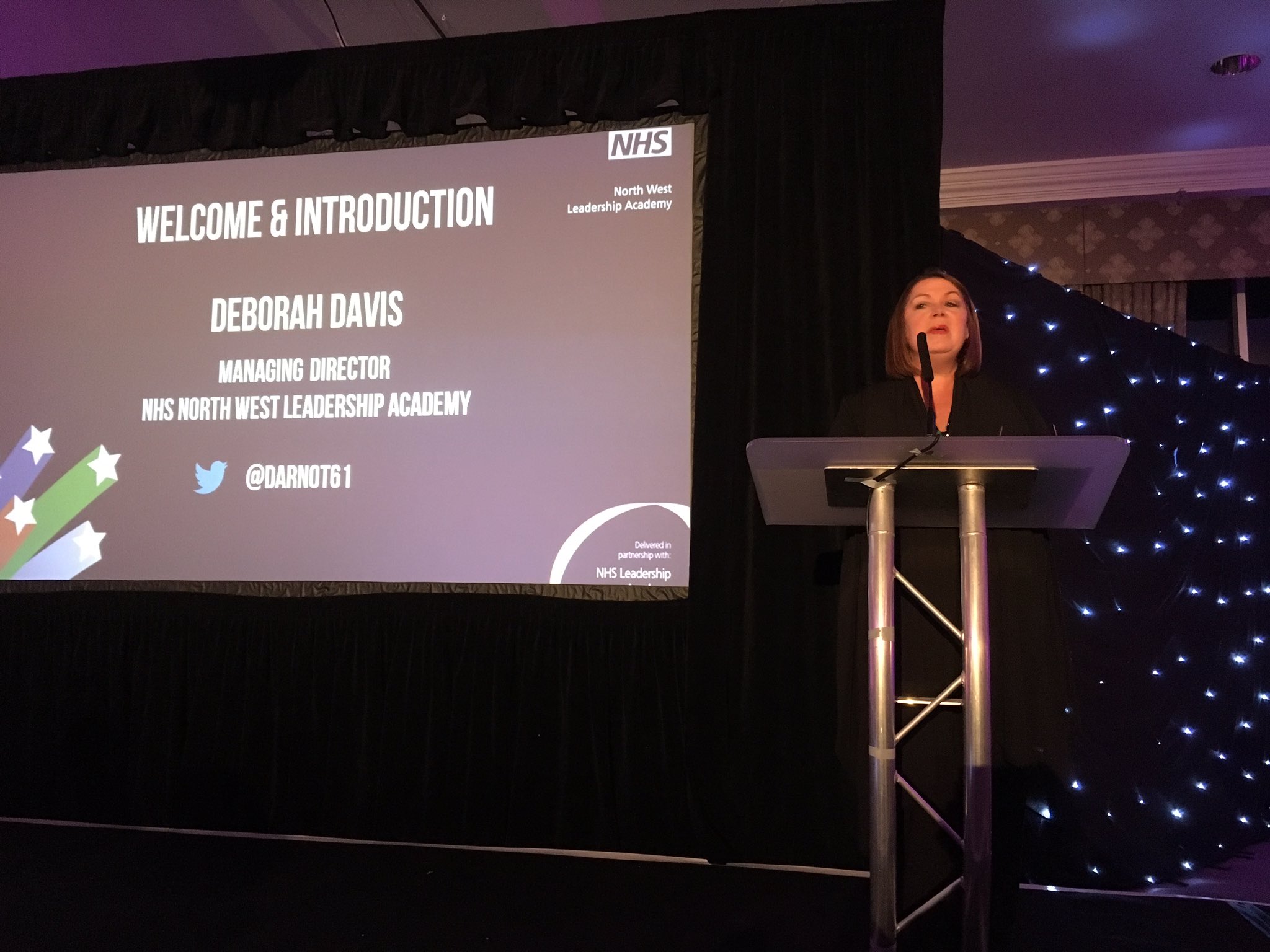The Advancing Quality Alliance (AQuA) is pleased to announce that we are now offering Executive Coaching opportunities to individual senior leaders across our member organisations.
This is an exciting chance for members to work alongside one of our team of highly experienced improvement coaches, and receive support to explore how they can best address their personal performance to lead organisational or local system priorities and challenges.
Open to executives, non-executives and senior leaders, feedback from previous participants has shown that many of our members have appreciated the opportunity to undertake external development with the team.
Other benefits members have gained include:
- Increased confidence and support to lead complex change initiatives that span organizational boundaries
- Improved relationships with multi-agency partners
- Better recognition for local or national change programmes
- Increased team performance
Accessing Our Support
The type of support we are able to offer is flexible and depends on the needs of the individual. However, there are a several conditions before this offer can commence:
- You must work for an AQuA member organisation for the duration of your coaching
- Before you and your coach commit to a coaching relationship, we will arrange a preliminary meeting or phone call to explore why you want coaching, what you hope to achieve and what you are looking for in a coach. Only if both parties agree that executive leadership coaching is appropriate and that they could work together will the coaching proceed.
- You and your coach will agree to and sign a coaching contract outlining what you both commit to.
- As part of the contract you and your coach will agree a set number of coaching sessions, the duration and location of each session and whether the coaching is face to face or virtual. This will vary from client to client.
- The detail of the coaching conversations will be completely confidential.
Find Out More & Apply
In order to apply for coaching, you must be a senior leader working in an AQuA member organisation for the duration of the agreed period.
If you would like to find out more or apply for this opportunity, please send the following details to Jascinth.Ward@srft.nhs.uk:
- Your name, role, organization and contact details (including office & mobile numbers)
- An outline of your coaching objectives and what you would like to achieve from this support
Following this, we will then arrange a preliminary meeting or phonecall to explore why you want coaching, and what you hope to achieve from it.
If it agreed coaching support it appropriate for you, both you and your coach will draw up a coaching contract to outline key commitments. This will also cover what type of support best suits your needs, whether this is face-to-face or remote, and the location, duration and how many sessions this will cover.
Details discussed during coaching sessions will be completely confidential.
Our coaches
Below you can find more information about our team of coaches.
Elizabeth Bradbury, Director
Elizabeth is a highly experienced leadership coach, with an established national reputation for coaching across executive and non-executive board and governing body members, senior managers and clinicians. Much of this experience has been in support of leading complex organisational or system transformation, large scale service reconfiguration, and performance improvement.
Her calm, friendly approach combines empathy and constructive challenge, to support participants to effectively develop and analyse strategic priorities and issues, and devise realistic options in keeping with their local context and culture.
By helping to set clear, results-oriented goals to her coaching, Elizabeth has helped a number of participants to further develop their leadership capabilities, increase their presence and strategic impact across multiple partners, and develop their role as effective system leader.
Elizabeth is also a registered nurse with extensive experience across emergency care and hospital management, and holds a Level 7 qualification in Executive Leadership Coaching & Mentorship. She also recently served on the Board of the international Foundation for Integrated Care.
Lesley is an accredited ILM Level 7 leadership coach, and leads the expert faculty for AQuA’s Board development programme; supporting senior executive teams to meet challenges around complex change and developing strategic quality improvements.
Starting her career as an Occupational Therapist, Lesley has a wealth of experience gained from roles across frontline clinical specialist care, and operational and strategic management positions.
Throughout her coaching, Lesley has supported a wide range of senior leaders to improve their ability to manage challenging relationships, and deliver action focused, practical outcomes for staff and patients.
Using a combination of reflective listening and goal setting, she encourages participants to challenge their existing thinking and approaches. Her approach works particularly well with those who are new to leadership roles, to help them build teams and organisational forms, manage new relationships across different organisations, and develop their strategic thinking and presence.
Helen Kilgannon, Head of System Transformation
With over ten years’ experience in coaching and mentoring, Helen has completed a range of NW Leadership Academy coaching programmes and CDP, and is currently studying a level 7 qualification in leadership coaching. As a CIPD qualified HR professional, she is also able to support individuals through the NHS Leadership Framework 360 assessment and feedback.
Helen’s approach works well for people looking to improve their personal effectiveness particularly in times of change, take a real practical approach to delivering their goals and manage relationships to maximise personal impact. Her clients have included Directors of Nursing, Consultants, Assistant Directors, and senior operational managers.
She has worked in a range of provider and strategic organisations at Assistant Director level. Previously working as an Assistant Director for Organisational Learning and Development in a mental health and community provider, key areas of work have included leading coaching strategy, cultural development, health and wellbeing, communications, and learning and development.
She has led major programmes of transformational change regionally and operationally, taking programmes from inception to implementation and evaluation. Her role in AQuA as Head of System Transformation is to support systems to develop and implement new models of care, with a strong emphasis on leadership for place/system leadership.



















